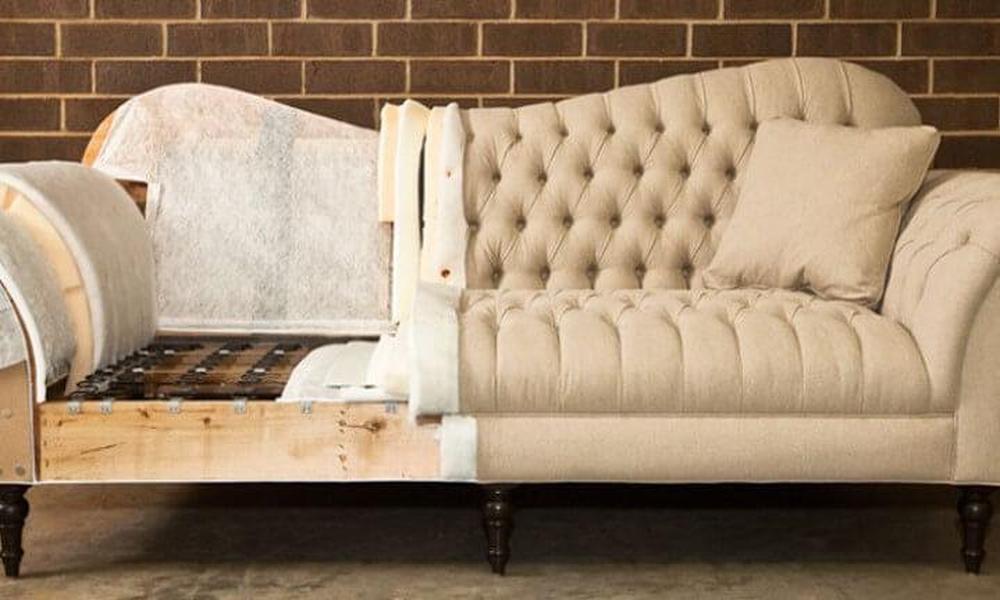When you decide to interior design, few components have as much consequence as upholstery fabric. The right option of fabric can change a dull room into a vibrant and inviting space. Let’s explore the various types of upholstery fabric, their features, and how to choose the perfect fabric for your furniture.
Understanding Upholstery Fabric
Upholstery fabric refers to the fabrics which are commonly used to cover furniture, including chairs, sofas, ottomans, and more. It helps to provide both functional and aesthetic purposes, offering comfort, durability, and style to your furniture. Different fabrics have specific and unique properties, such as pattern, texture, colorfastness, and resistance to wear and tear.
Types of Upholstery Fabric
Natural Fabrics
Cotton
Cotton is a famous option due to its versatile, breathable, and comfortable nature. And it’s available in a broad range of colors and patterns.
Linen
Linen upholstery fabric provides a sophisticated and timeless look, known for its durability and natural luster. Linen fabric is easily wrinkled and requires more maintenance.
Synthetic Fabrics
Polyester
A long-lasting, durable, and affordable option, polyester upholstery fabric resists fading, wrinkles, and stains. It comes in several textures and patterns which include leather and suede.
Nylon
Nylon upholstery fabric is ideal for high-traffic areas because it is highly resilient and resistant to abrasion. It’s available in a wide range of colors and patterns which is suitable for both modern and traditional interiors.
Blended Fabrics
Rayon
They offer a sheen and luxurious feel and help to blend natural and synthetic fibers. Its versatile nature mimics the appearance of silk or wool.
Acrylic
Resistant to mildew, fading, and wrinkling, the acrylic fabric is often used in outdoor furniture. It can duplicate the texture and appearance of natural fibers.
Factors to Consider When Choosing Upholstery Fabric
Durability
Always consider those fabrics that are durable because high-traffic areas, such as living rooms, need sturdy fabrics like polyester or nylon, while delicate fabrics like silk are better suited for formal settings.
Style and Aesthetics
These fabrics play an important role in defining the style of your space. Evaluate the color scheme, design, pattern, and texture of the fabric to fill out the overall design theme.
Maintenance
Consider the fabric’s cleaning and maintenance needs. Some fabrics may need more professional cleaning techniques while others can be easily spot-cleaned or machine-washed.
Allergies and Sensitivities
They ensure a comfortable and healthy living environment if you have allergies or sensitivities issues.
Budget
These fabrics have a wide price range. You need to set a budget and explore choices within your price range that meet your desired quality and style.
Conclusion
When you select the right upholstery fabric then it shows an important decision that can significantly impact the comfort, durability, and visual appeal of your furniture. Understanding the elements and differences between natural, synthetic, and blended fabrics, will help you make an informed choice that aligns with your design preferences and lifestyle. You can transform your space with upholstery fabric that enhances your lifestyle.


